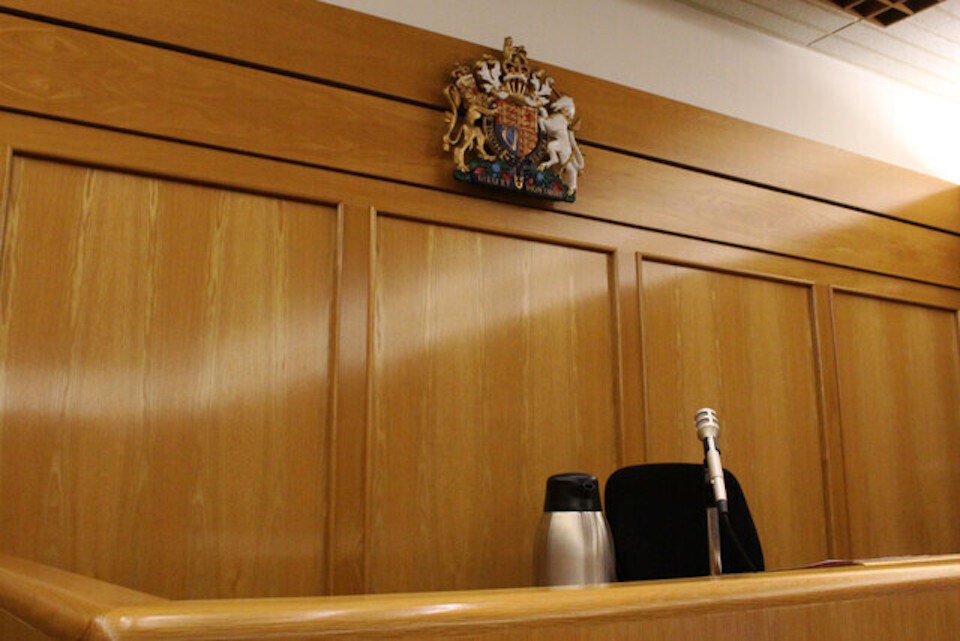A few months ago, Vancouver-based Nexii Building Solutions Inc. eclipsed a $2 billion valuation.
The construction firm had earlier been the fastest in Canadian history to reach unicorn status, the vaunted billion-dollar valuation we saw with a dozen or so local companies in the last couple of years in a hot investment climate.
The technology Nexii is touting is Nexiite, a product and process of manufacturing a sustainable alternative to conventional concrete “that cuts construction waste to near-zero, slashes build times and significantly lowers both the embodied and operational carbon of buildings.”
It’s an enticing pitch, one that has attracted financing and considerable publicity to reinforce the premise of a revolutionary firm. Two Saskatchewan brothers, Michael and Ben Dombowsky, enlisted serial entrepreneur Stephen Sidwell to form the company (Ben had developed Nexiite). Former Vancouver mayor Gregor Robertson landed there as its executive vice-president of strategy (full disclosure: I ran against him in the 2014 mayoralty race). Actor Michael Keaton is an investor in a project in Pittsburgh.
But a lawsuit filed this fall by a key, early investor points to a critical, soured business arrangement. A subsidiary of the Symphony Group, Symphony Advanced Building Technologies Inc. (SABT), outlines in its civil claim with the BC Supreme Court a broad range of problems it says it endured over the course of three years to fulfil an early-stage licensing agreement.
Litigation in construction is a common fact of life, but this one is eye-catching because of the initial scope of its vision and its subsequent utter collapse. These agreements are key parts of the path of business development, and when they falter, they have a way of deflating much more than the arrangement between the parties to the failed agreement.
The lawsuit says Nexii and SABT entered into a letter agreement, a term sheet, in late 2019 that laid out an exhaustive set of conditions for a licensing agreement. Among other things, SABT would be Nexii’s first licensee in Ontario, the country’s most lucrative construction market, and build a manufacturing plant there. SABT provided a non-refundable $250,000 payment toward a $5 million licensing fee. A related Symphony firm, Symphony Syndicate Corp. (SSC) shortly thereafter provided an equity investment into Nexii in excess of $2 million.
Significantly, the lawsuit asserts that Nexii courted other investors by pointing to the SABT arrangement and built its business on this basis, all the while without memorializing the letter agreement into a formal licensing contract.
In January 2020, Nexii and SABT agreed to a modification of the term sheet so their relationship could expand to other markets; SABT chose the United Kingdom as a territory it wished to represent.
Around that time, the lawsuit says, the relationship started to go sideways. Nexii didn’t provide the licensing agreement within the specified 90-day period. Instead, SABT notes, in June 2020 it proposed a substantially different agreement – a manufacturing pact, not a licensing one.
Thereafter in 2020, 2021 and this year ensued a long string of letters, refined drafts and changes in terms. Slowly and steadily, the initial deal SABT thought it had was disappearing.
SABT wanted the licensing deal, and it asserts that last February Nexii promised a new “side letter” would accompany the manufacturing agreement. Then was told in April that was “it” – there would be no side letter. Indeed, it indicated it was in discussion with another entity for Ontario production.
Like all court claims, nothing has been proven.
When reached for comment, Nexii has said the initial letter didn’t constitute a firm agreement.
“Nexii and Symphony Advanced Building Technologies (SABT) did not sign a legally binding contract. Following lengthy negotiations between both parties, no definitive agreement was finalized or signed. As no contract was signed between the two parties Nexii knows the claim has no merit and is confident in a just resolution. As stated previously, Nexii will vigorously defend its case.”
Of course, this wasn’t at all what SABT assumed – or, it seems from the lawsuit’s claims, how the two entities interacted.
There were weekly meetings to discuss business development. SABT was represented as a licensee to investors, landlords and lessors. It was provided confidential information on intellectual property and patents that it could use in discussions with its own investors. It was authorized to negotiate with prospective lessors for the Ontario plant. It provided Symphony CEO Gurdeep Kainth with the title of executive director of global licensing association and a company email address, and it brought him regularly into conference calls and meetings to discuss his experience as a licensee. It issued press releases mentioning SABT as the licensee for Ontario.
For its own part, SABT paid a reservation fee, hired consultants to work through regulatory and municipal issues to build a plant and showroom, showed Nexii the proposals, solicited investments in SABT on the basis of Nexii’s provided financial projections for SABT, incorporated in the United Kingdom and took steps to set up there. The bill for all of this exceeds $1.5 million.
By last summer, SABT had given up on salvaging the agreement and sought the suit. It describes Nexii’s behaviour as “malicious, high-handed and deserving of rebuke.”
On the strength of their initial relationship, SABT says Nexii was able to grow its business. Those “Nexii gains” are obviously part of what the lawsuit seeks in damages.
Last week I checked in with Kainth. As a shareholder, Kainth says he is deeply concerned with the validity of the public statements being made by Nexii.
As it turned out, Nexii had only days earlier asked for a meeting he thought would involve mediation of their differences.
Instead, they asked if he wanted to invest more.
Kirk LaPointe is publisher and editor-in-chief of BIV and vice-president, editorial, of Glacier Media.




